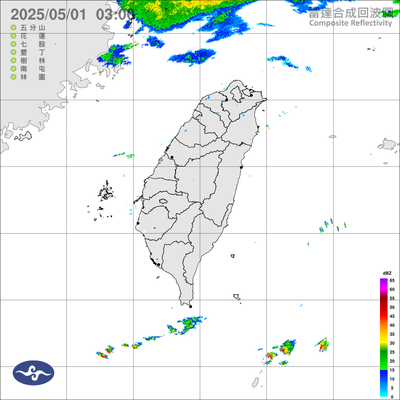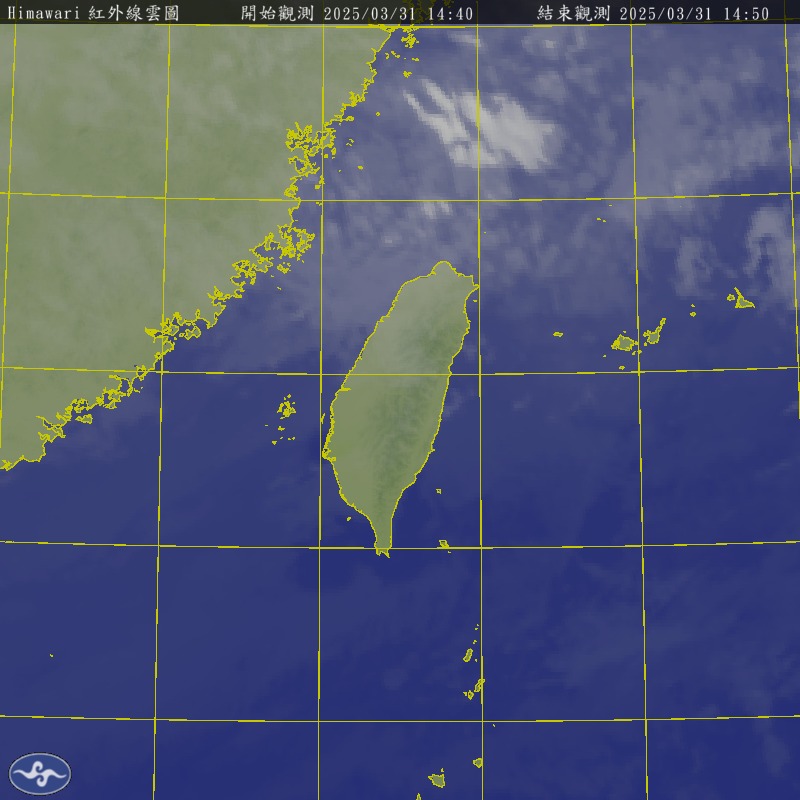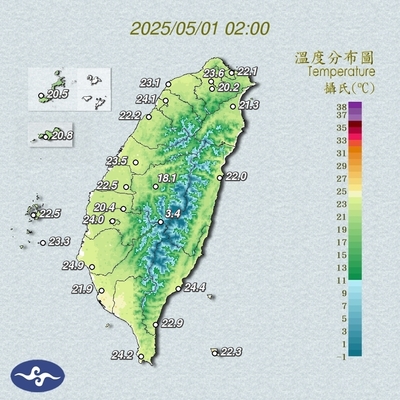:::
10. LearningGO
LearningGO免費3D軟體教學-馬克杯(含浮雕字)
https://www.youtube.com/watch?v=Dg209IOmPHg
播放清單
https://www.youtube.com/watch?v=PfegJaLxolE&list=PLK6lQh4dRe89TQd1Pln5TXoh9xgQtsxHt
比薩斜塔 參數
a.40x40x40 5x5x40 45度
b.34x34x15 門5x6x12 22.5度
c.26x26x14 45度

 9. tinkercad classroom
9. tinkercad classroom


